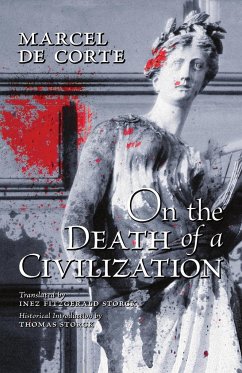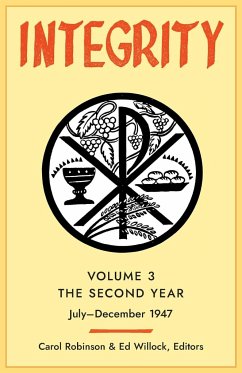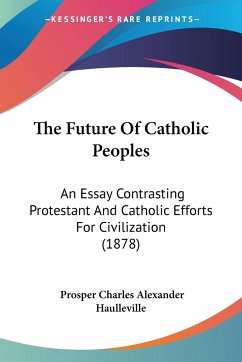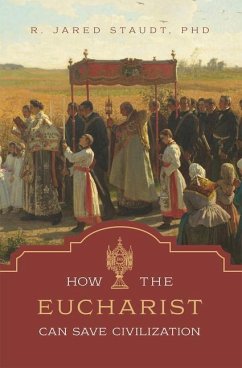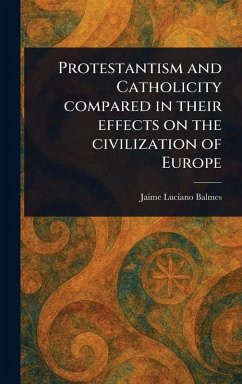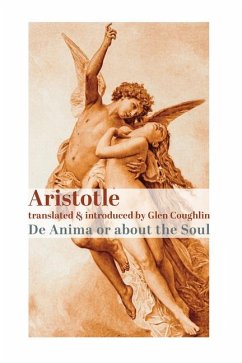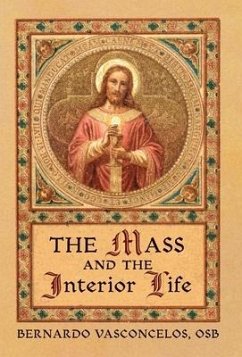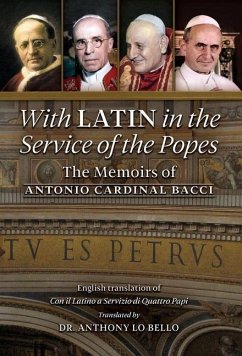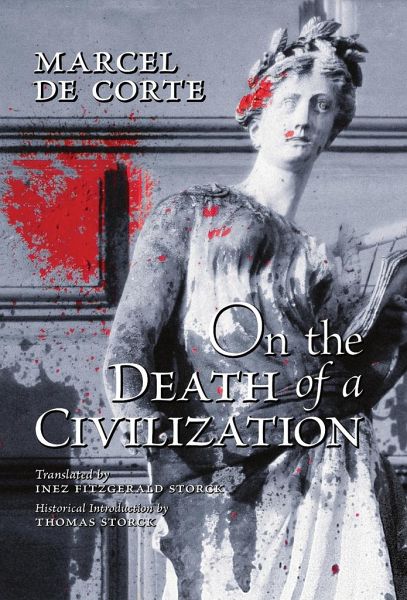
On the Death of a Civilization
Versandkostenfrei!
Versandfertig in über 4 Wochen
30,99 €
inkl. MwSt.
Weitere Ausgaben:

PAYBACK Punkte
15 °P sammeln!
Our contemporary civilization is in distress. Society is unraveling, with rampant individualism, moral dissipation, identity crises, unchecked consumerism, and social isolation. De Corte, writing in the mid-twentieth century, studies these trends and discerns their causes: the prevalence of philosophies rooted in idealism or materialism, the reign of ideologies inspired by these philosophies, objectification of workers in both free-market capitalism and communism as economic progress trumps social well-being, the efforts of some in the Church to compromise the truth in order to adapt to the wo...
Our contemporary civilization is in distress. Society is unraveling, with rampant individualism, moral dissipation, identity crises, unchecked consumerism, and social isolation. De Corte, writing in the mid-twentieth century, studies these trends and discerns their causes: the prevalence of philosophies rooted in idealism or materialism, the reign of ideologies inspired by these philosophies, objectification of workers in both free-market capitalism and communism as economic progress trumps social well-being, the efforts of some in the Church to compromise the truth in order to adapt to the world, and, most importantly, the rejection of the transcendent. To heal society and build a new civilization emerging from the old, De Corte prescribes restoring a religious, moral, and philosophical compass to society, and the development of small-scale communities with an organic relationship to the environment and fostering close interpersonal connections.



